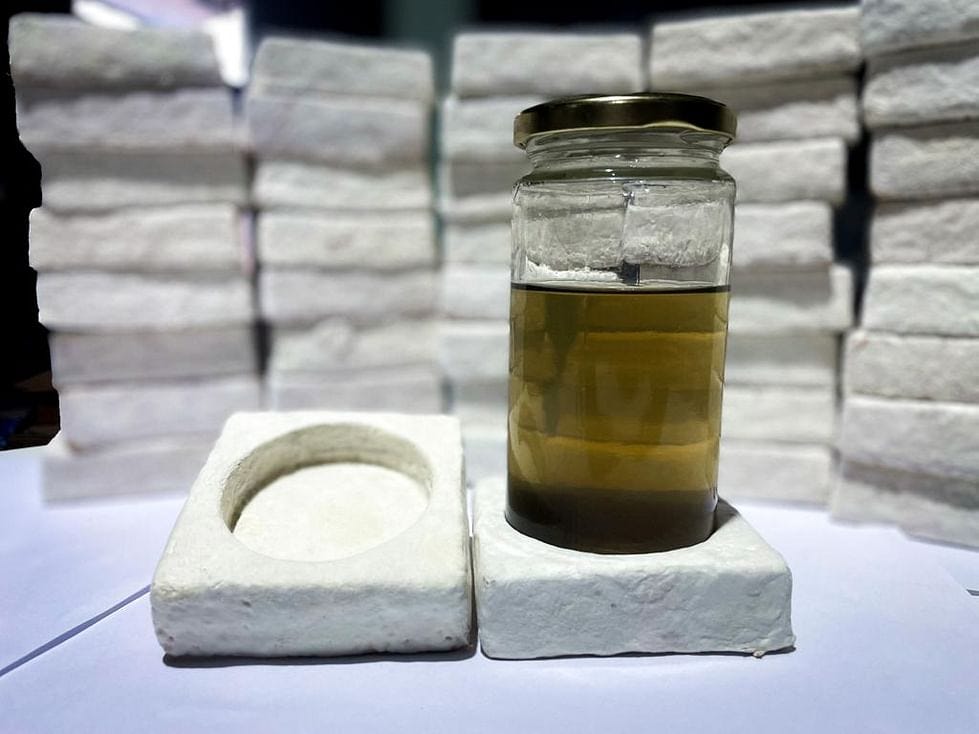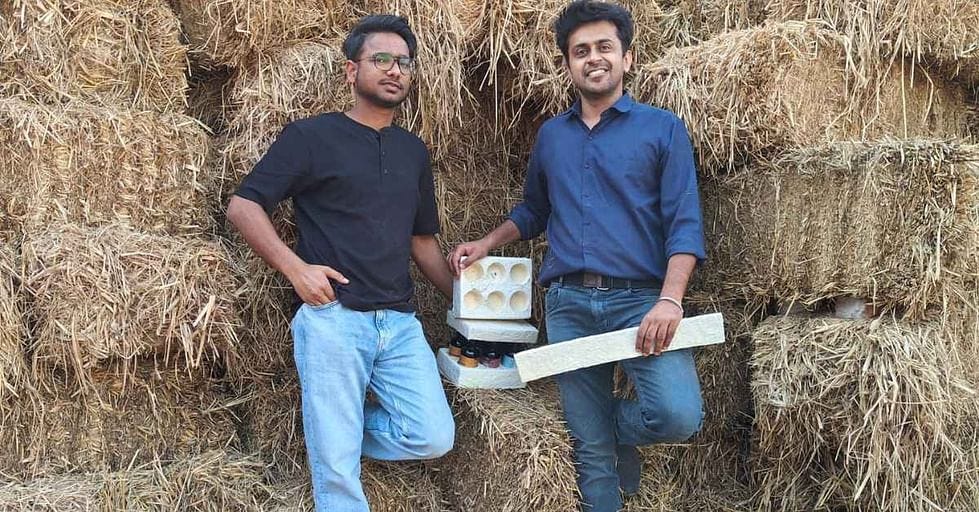(KP-19) Listen to Everyone and Then do What's Best for you
How an IIT-grad is killing two evils with one innovative solution | Link between boredom and creativity | Philosopher's writing advice
Life Lesson
The great thing of our times is that we have such profound and transformative knowledge, information, wisdom so easily accessible to us at our fingertips.
So many wise men before us have lived and shared their life experiences and life lessons. Many people have made mistakes and documented them. It is right out there for us to learn from.
What I have always believed and learned explicitly this week is that it’s better to listen to everyone, and by everyone I mean everyone including especially your haters and enemies, and then take your time and decide what is best for you.
Don’t do as your parents, partner, friends, relatives, neighbors told you to do. Because then, you will be left with nothing but regret. You will be cursing them under your breath.
It’s better that you mess up and take full responsibility for it.
No matter how tough it is to raise your voice, how ugly your relationship with your loved ones becomes, how much it hurts you but you should take a stand. You should tell them clearly that you are an individual and you will do what you think is best for you.
Feel-Good Positive Story
This week, I am writing about an innovation by a IIT-grad who has developed a way to create biodegradable thermocol from crop stubble, a waste product that is usually burned by farmers.
The engineer, Nrupendra Singh, uses a chemical process to convert the crop stubble into a biodegradable material that can be used in place of traditional thermocol, which is made from polystyrene and is harmful to the environment.
Singh's innovation has the potential to not only reduce the environmental impact of thermocol but also provide a new source of income for farmers. By converting crop stubble into a useful product, Singh is helping to reduce air pollution caused by burning the stubble, which is a major problem in India during the winter months.
Singh's process involves treating the crop stubble with a chemical compound that breaks down the lignin in the material, creating a pulp that can be molded into different shapes. The resulting material is biodegradable and can be composted, making it an environmentally friendly alternative to traditional thermocol.

This innovation has the potential to make a significant contribution to sustainability and environmental protection in India, as well as providing a new economic opportunity for farmers.
What do you think? If you think this is an idea worth spreading then please go ahead
Books/Podcasts/Videos Suggestion
This week’s video suggestion is on the link between boredom and creativity.
In her TED talk, Manoush Zomorodi shares her personal story of how boredom led to her most brilliant idea, creating her own radio show, after the birth of her son. She explains how boredom ignites the "default mode" network in our brains, which allows us to connect disparate ideas, solve problems, and plan autobiographically.
However, in today's society, we are constantly multitasking and shifting our attention, leading to a depletion of neural resources. Zomorodi suggests that we need to embrace boredom and let our minds wander in order to be more creative and productive.
Quotes/Poem
Alan Watts giving writing advice
“Advice? I don’t have advice. Stop aspiring and start writing. If you’re writing, you’re a writer. Write like you’re a goddamn death row inmate and the governor is out of the country and there’s no chance for a pardon. Write like you’re clinging to the edge of a cliff, white knuckles, on your last breath, and you’ve got just one last thing to say, like you’re a bird flying over us and you can see everything, and please, for God’s sake, tell us something that will save us from ourselves. Take a deep breath and tell us your deepest, darkest secret, so we can wipe our brow and know that we’re not alone. Write like you have a message from the king. Or don’t. Who knows, maybe you’re one of the lucky ones who doesn’t have to.”



How true- both the life lesson and the quote. 1. At the end of the day we are the masters of our own lives.
2. We all make grave mistake(s) but its shame buys its silence. If not sharing then atleast we can strive to pen it down. Hope I can do it.